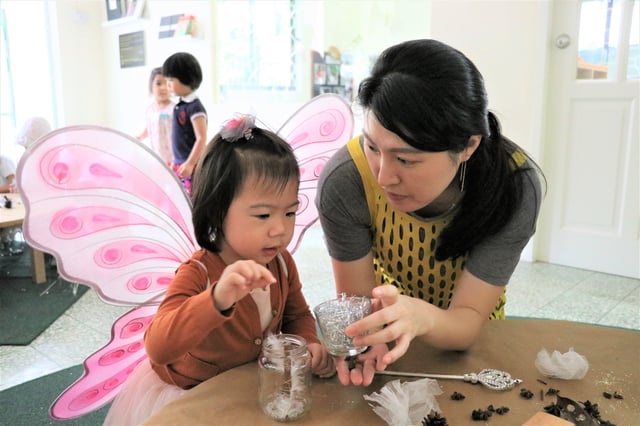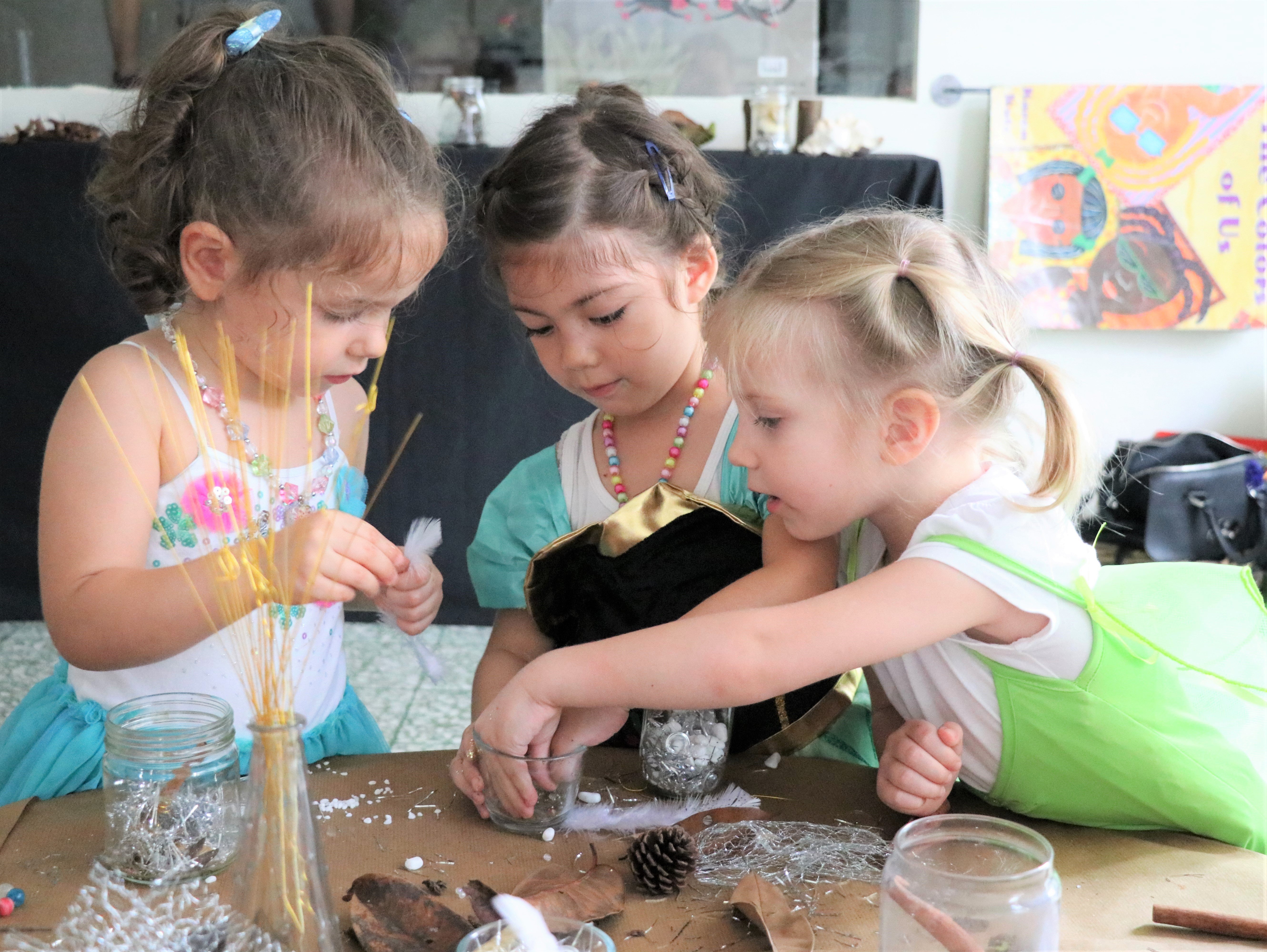-1.png)
EtonHouse Singapore
Like adults, children are born with their own unique temperament. Some are 'shy' and stay away from large crowds; some are naturally gregarious and chatty. Some will find it very easy to speak in front of a group of friends, and some will dread the day they have to. How many of us can deliver a talk in front of a large crowd? Even the best orators have revealed their fears of speaking in public. Public speaking is indeed a great skill to have, but it is also overrated. Thus, it is wrong to expect every child to be an articulate and confident communicator.

The unique tendencies in children develop into their unique personalities as they grow up. As parents, weshould appreciate and celebrate these differences and nurture our children to fulfil their aspirations to their fullest potential.
There are, however, situations where the child can be inordinately 'shy', recoiling to a corner of the room, even in a familiar environment. There are ways in which we can identify and alleviate these insecurities to ensure that they develop into confident and secure individuals.

What causes shyness?
In most cases, it is the child's natural tendencies that we must not attempt to change; some of us are big talkers while others prefer to sit quietly and listen. There is a difference between accepting this temperament and encouraging your child to develop confidence versus coaxing them to come out of their shell. Labeling your child as 'shy' sets the behaviour in stone and makes it hard for them to change.
Shyness can sometimes be a learned behaviour. This can be observed when a child is otherwise confident in a social context but shies away from certain situations. When a child is shy, she loses out on opportunities to learn and interact with others.
Here are some ways to help your child overcome their shyness:
1. Identify your child's strengths.
It is important to articulate them so that your child can develop confidence in her abilities. It will then help her to see that when you are encouraging her to be more social, it is because you want her to enjoy herself and not because you feel she is inadequate in any way.

2. Talk to the people in your child's ecosystem.
This includes her teachers and friends. Ask them to give her time to warm up to a new situation.
3. Don't give up easily.
If your child is clinging to you during a large gathering, don't pack up and leave. It is important that you help your child to cope with a situation that is causing her anxiety. You can then slowly help your child initiate an interaction with an individual child to break the ice.
4. Get your hands dirty.
If you have to roll up your sleeves in a mud kitchen, do that and encourage your child to join in. This will build confidence in your child to try new and unfamiliar things while referring to you as her emotional anchor.
"The goal is not to eliminate shyness, but to help the child work within her own personality to do the things she wants to do."
- Barbara Markway, PhD, author of Nurturing the Shy Child (St. Martin's)

